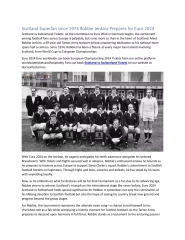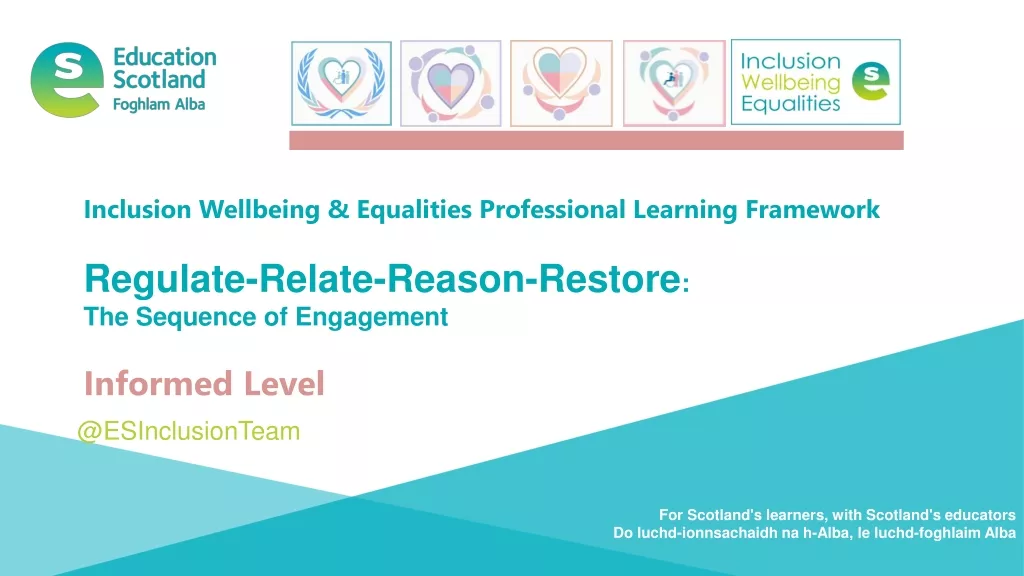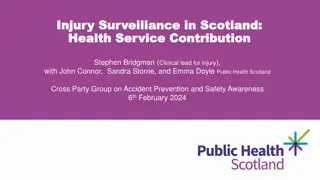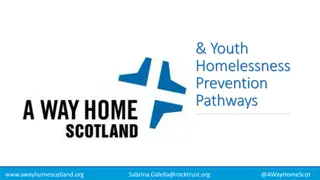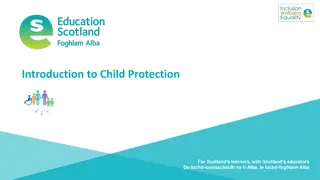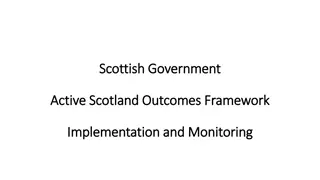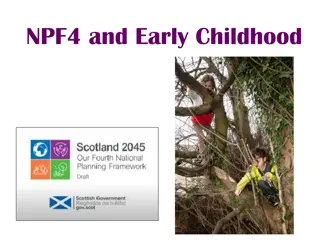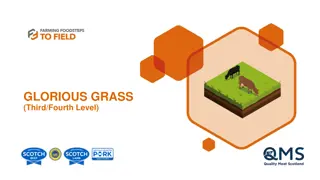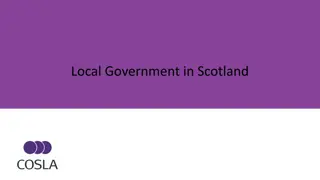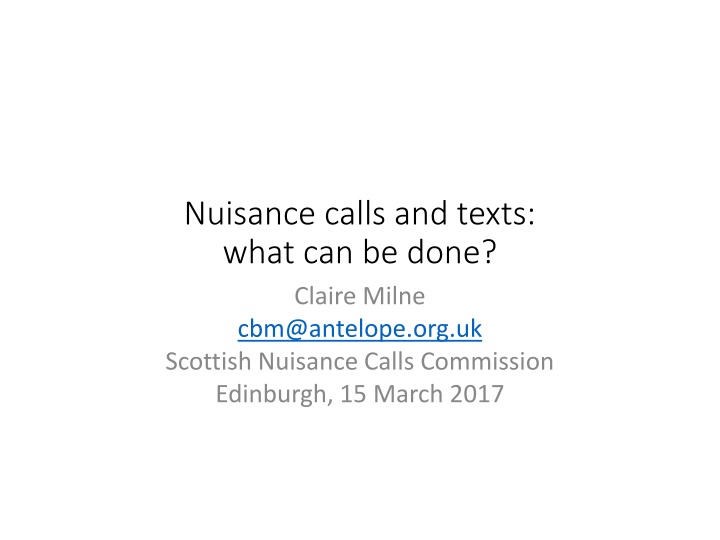
Dealing with Nuisance Calls and Texts in the UK: Measures and Enforcement
Learn about the actions taken in the UK to combat nuisance calls and texts, including new consumer and technology measures, regulatory enforcement changes, and the effectiveness of current strategies. Discover ways to tackle this issue effectively and stay protected from unwanted communications.
Download Presentation

Please find below an Image/Link to download the presentation.
The content on the website is provided AS IS for your information and personal use only. It may not be sold, licensed, or shared on other websites without obtaining consent from the author. If you encounter any issues during the download, it is possible that the publisher has removed the file from their server.
You are allowed to download the files provided on this website for personal or commercial use, subject to the condition that they are used lawfully. All files are the property of their respective owners.
The content on the website is provided AS IS for your information and personal use only. It may not be sold, licensed, or shared on other websites without obtaining consent from the author.
E N D
Presentation Transcript
Nuisance calls and texts: what can be done? Claire Milne cbm@antelope.org.uk Scottish Nuisance Calls Commission Edinburgh, 15 March 2017
New measures in the UK (consumer and technology) Consumer: Improved consumer information, e.g. videos from ICO or Ofcom (2015-6) Text service for registering mobiles with TPS (do not call list)(05/16) Friends against Scams organization (2016) Fundraising Preference Service Clear, consistent approach to eliciting consent to data sharing Technology/industry: Mobile network detection and blocking of spam texts and calls (2012 on?) DMA s TPS Assured scheme for demonstrating good practice (09/13) 7726 ( SPAM ) short code for forwarding spam texts (03/14) 3.5m government funding announced for new technology ideas, and call blockers for vulnerable people (2015 on) Fixed network detection of nuisance calls, offering customers the option of blocking them (Talktalk 2016, BT 2017) Coming sometime: anti-number-spoofing technology Maybe: easier complaints mechanism (dial code straight after call)
New measures in the UK (regulation and enforcement) Ofcom/ICO allowed to share data for enforcement (05/14) ICO s grounds for chasing suspected offenders relaxed (04/15) PECR change making telemarketers show valid CLI (06/16) Ofcom has clarified its approach to persistent misuse (03/17) Company Directors made personally responsible for PECR compliance (announced 10/16, in force from Spring 2017) Digital Economy Bill will make a Direct Marketing Code of Practice (from ICO) obligatory New Ofcom General Condition will require: CLI to be included without extra charge in all telephony packages Providers to suppress calls with impossible (clearly spoofed) CLIs All CLIs must accept a return call
But annual panel research shows no significant change in numbers of calls received
Ofcoms omnibus shows no clear change % of adults reporting these types of nuisance call in last 4 weeks (landline only to break, landline or mobile after break) Source: Ofcom/ICO Joint Action Plan Updates
And complaints fluctuate (as do types of call complained about)
For better understanding of effectiveness of various measures Aim to assess effects of measures as they bite, by e.g. Pooling operators network data and expertise Using honeypots to trap and record calls Asking consumer research participants about measures used to reduce incidence of nuisance calls, and exploring the relationship with level of calls received Commission independent* expert opinion on likely costs and benefits of various measures Publish findings and invite comment * Independent of telcos, equipment providers and authorities
Move to opt-in for live unsolicited calls? Arguments for Arguments against Clear majority consumer preference Will cut unsolicited calling from some sources (30% overall reduction?) Simpler and more understandable (same as all other electronic comms, eg SMS) Consumers will know that (nearly) all unsolicited calling is illegal Combines well with improved mechanisms for soliciting consent (standard pre-ticked boxes) Call centre workers will have to talk to fewer disgruntled call recipients Will stop distribution of TPS opt-out lists, which are potentially insecure (and save industry TPS-related costs) Needs Government action It won t solve the problem (cf Germany) It discriminates against law-abiding firms Jobs are at risk TPS opt-out data could be protected in other ways See also ACCAN 2014 submission to Australian Department of Communications

